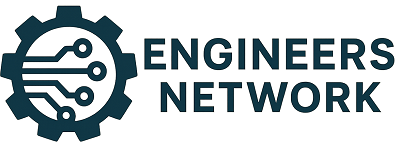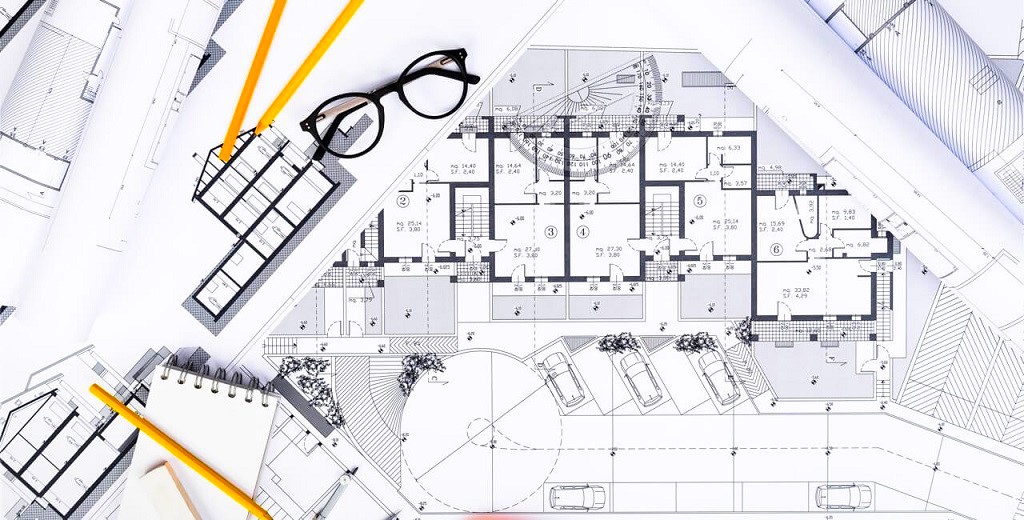Before working on any project, an engineer must evaluate the tools or decisions necessary to maximize the potential to be productive. A good plan and a list of procedures will help minimize errors in any engineering project, I mention 5 tips, which is an introduction to newly graduated engineers to educate themselves about the profession of civil engineering.
1) Establish a deadline or date of final completion of the work
Clients usually do not mention the deadline or the completion date of the work, and there are often misunderstandings as to when a project should be delivered. The best way to avoid problems is to write a written program where everyone involved must agree on the activities they will do and at what time (project planning). When we have small jobs usually do not use much documentation, so in these cases the engineer should establish a schedule that could make the customer know.
Knowing the time allotted helps a person to make decisions about the amount of work necessary to finish everything and the resources that they will require.
2) Know the work and decide the best way to define responsibilities
While it is important for an engineer’s growth to work in unfamiliar areas, it is not the most productive way to complete a project. When time or finances are essential we must know how to choose people by occupying them with the work to which they are most related. Working groups usually recognize the skills and abilities of the available staff and it is much easier to work.
3) Know your own limitations
Engineers who know their own limitations will be more productive than those who do things on the road. Understanding their weaknesses and strengths will help them organize a work schedule and leave nothing unsupervised. We must focus on the best known and use that knowledge to guide the project through areas that may not be as well known. When we know our limitations it is much easier and quicker to trace the correct course of design and seek help early to fill in the gaps, we should never be afraid to ask questions or seek wise advice
4) Become familiar with the tools of commerce, accelerate the design and analysis process
Building codes, standards, bridge building skills methods, and businesses should be quickly consulted to keep the work flow smooth.
5) Exercise the subtle art of accepting or rejecting work
It is easy to learn to say “Yes” or “No”, depending on our level of occupations or the willingness to diversify in different areas we can make the decision. A balance must always be maintained which can only be learned through experience. A quick response to the request for a job can bring several problems, if the schedule or budget is not given due consideration with the other members of the design team, the work can be excessive what lowers the quality and also It produces cuts.
While there is no formula to ensure our professional success, I have mentioned some useful tips to guide you, the world of engineering is not an easy world is a long way where every day we learn something new, the important thing is always to stay updated and very willing to work for success.
I would love them to contribute their personal experiences as they would help the rest of the community to grow professionally speaking.
Tags: Engineers, productivity





Leave a Reply